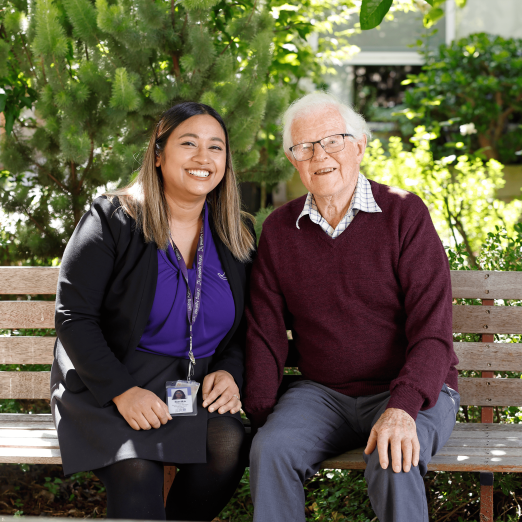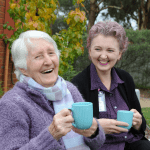News
Gaining peace of mind
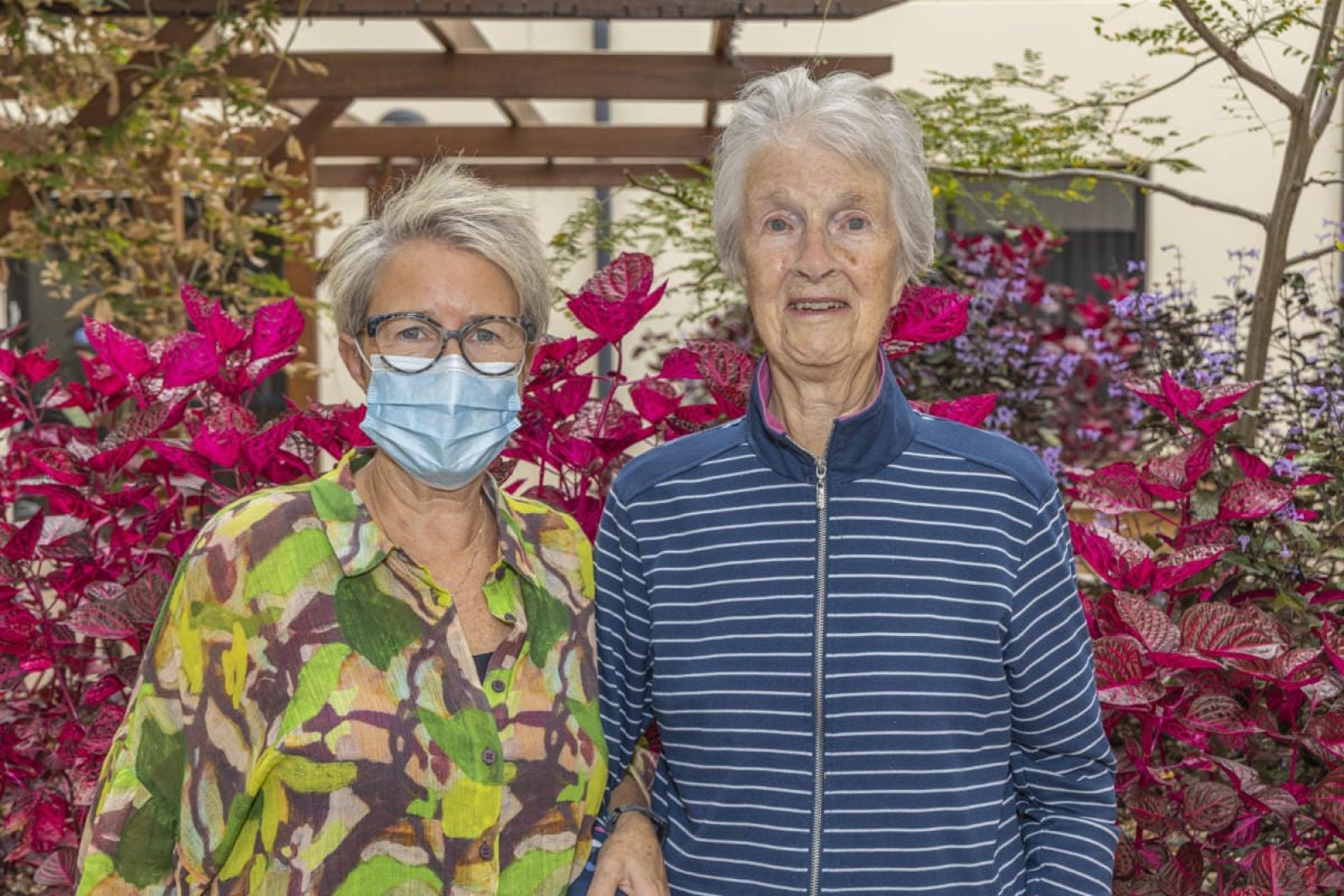
Residential Care
“Gee Mum, we were never brought home like this even when we were teenagers partying it up,” Sue McAdam quipped when her mother, Beverley, went on a walk, got lost and was driven home by the police who were searching for her.
The joke momentarily served to lessen the rising concern the family felt. But their laughter was tinged with sadness, knowing that Beverley’s condition was deteriorating.
A week or so later Beverley, 91, disappeared again, this time during the early hours of the morning. She was found by her husband Graham McAdam an agonising 30 minutes later in the basement of the Kew block of apartments where he still lives.
Graham, 90, was distraught and exhausted. And Sue says it was only then that her dad finally accepted that Beverley’s Alzheimer’s disease was not going to improve and that she urgently needed to go into respite care to guarantee her safety and give them all a break and peace of mind.
So Beverley moved in to Uniting AgeWell Hawthorn Community for a few weeks in December, before moving in permanently mid-January.
“My parents have been together for so long it was hard for Dad to accept that he needed help in caring for her,” Sue says. “The initial respite care proved to us all that Mum was being given the round the clock care and support that she needs, and we were happy knowing she was safe and adjusting to life at Hawthorn.”
Sue is bravely speaking out about her family’s journey with dementia in the hope that many others in a similar situation will gain comfort from the realisation that there is help at hand.
“We had a family printing business,” Sue explains. “Dad ran the business and Mum did the book keeping, and our whole family – that’s myself and my three brothers – live in the Melbourne area and are all very close. There are 11 grandchildren and six great-grandchildren in the mix now, and we’re just a big, happy bunch.”
Sue says there is a familial link with Alzheimer’s disease, so when Beverley started to become forgetful, the family was upset but not particularly shocked.
“My parents had pretty traditional roles in their relationship – Mum did the cooking, Dad would do the outdoors stuff like gardening and BBQs,” Sue explains. “So as the disease progressed, Dad took over the cooking and the running of the household, and Mum got a bit agitated. She disliked him being in ‘her kitchen’ and certainly told him so!”
Beverley’s fitness levels also caused a set of unexpected problems. “Mum is super fit and loves walking,” Sue says. “So when she wandered off on one of her power walks, it was impossible for Dad to keep up with her to make sure she got home safely.
“All four of us ‘children’ were worried about Dad getting exhausted and worn down and worried about Mum getting lost,” Sue explains. “At least now we know she is safe and content and that Dad is able to relax at home. His health is improving too now that he is no longer so stressed!”
Sue does not shy away from the hard questions. What if she ends up in the same situation as her Mum?
“I’d like to think there may be a cure for Alzheimer’s by then, who knows? “ Sue says. “But I know for certain I would not want my loved ones to be stressed about me the whole time.”
Uniting AgeWell’s Admissions Manager Sharon D’ Rozario says there is a huge need for respite care with COVID-19 leaving many older people and carers exhausted.
Sharon says carer stress is real and can change the relationship between family members, not always in a positive way. “Sometimes quality time can be replaced by practical carer duties. Carers can quickly become exhausted and the older person may worry about this too. There’s no doubt respite care can make a positive difference.”
There are other respite care options available – care at home, activities and outings at day centres and even weekend respite care.
For inquiries phone 1300 783 435.
Recent content
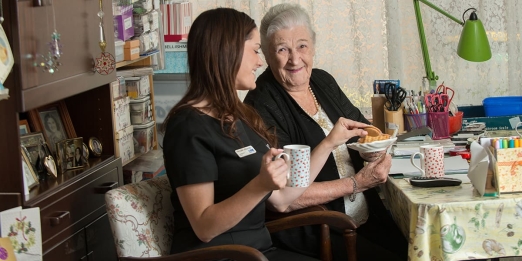
Providing care to regional seniors
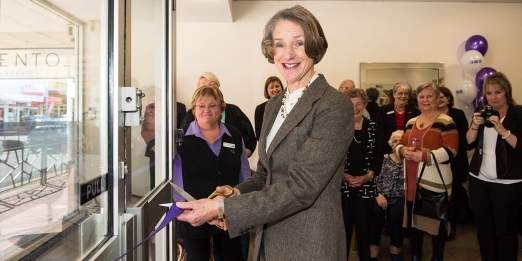
UA opens its first Community Hub
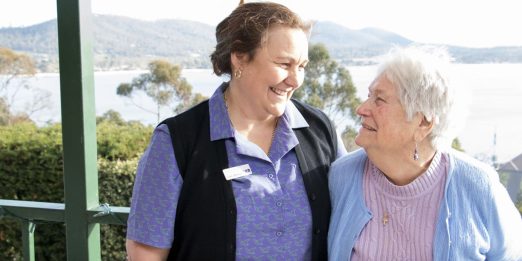
UA finalist in Tasmanian community awards
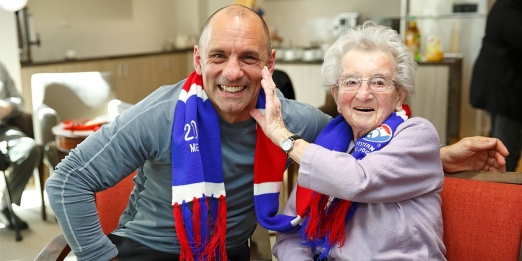
AFL legend Tony Liberatore visits Amarco
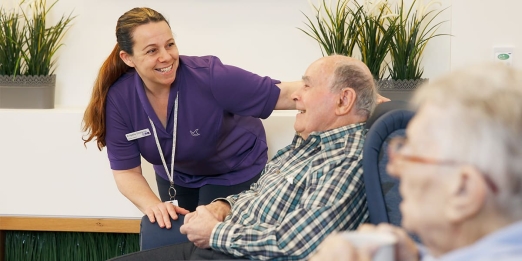
Help halt Federal Government cuts to aged care
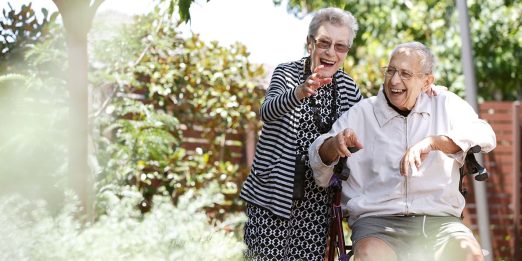
Agewell Sunday Worship Resource
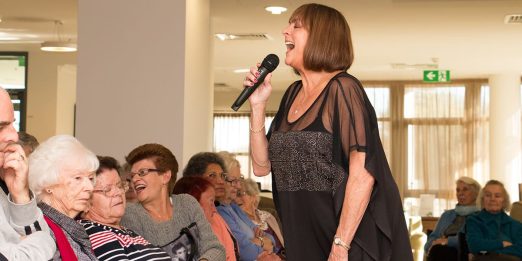
Denise Drysdale a smash hit at Amarco
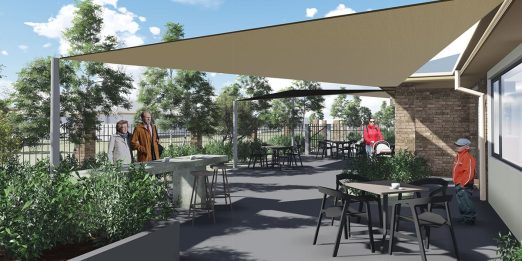
A glimpse into Manor Lakes
